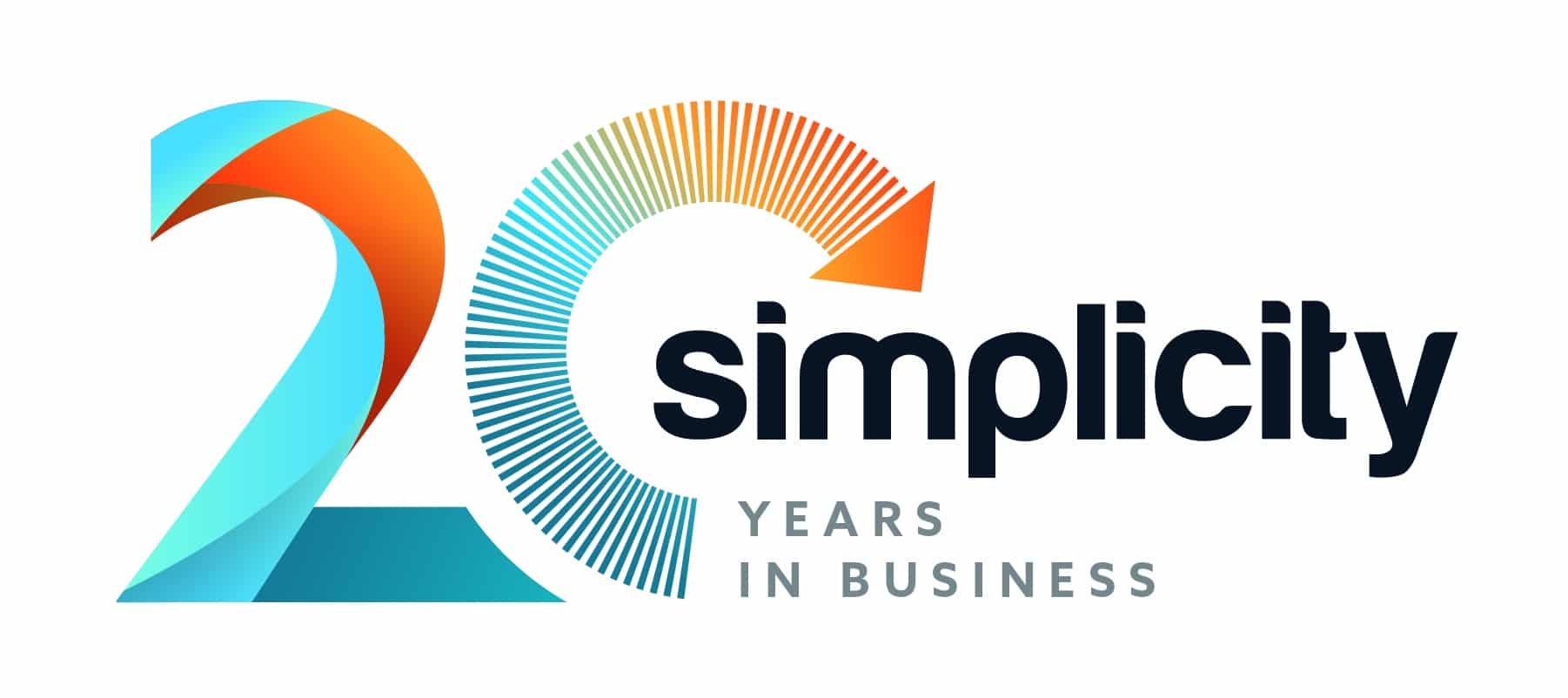Do you believe employers should utilise as many agencies as possible? Or that you don’t have to specify a wage in your job posting? Then continue reading as we debunk 8 popular recruitment myths.
There is a lot of myth and supposition in the recruitment profession. We’ve compiled a list of 8 of them here. Some will make you chuckle, while others will make you cry. But unfortunately, they all have one thing in common: they’re all completely incorrect. Let us explain why…
Myth 1: Small recruiting companies are untrustworthy.
We’re unsure where this rumour came from, but it’s false. Please don’t get us wrong. Most of the large recruiting agencies are large for a reason. They excel at what they do and have done so for a long time. However, some of the greatest employment companies we’ve come across are boutique businesses.
You’re missing out if you avoid smaller agencies. This is especially true if you work in a specialised field. Moreover, these organisations only require a small amount of staff to give exceptional service to their consumers. Instead, they rely on decades of industry-specialist expertise and networking.
Myth 2: Job postings are simple to create if you utilise a template.
This is utter nonsense. We researched what makes a job advertisement intriguing, and the findings speak for themselves.
Anyone who utilises generic templates to make employment advertising should be ashamed. The same is true with job description clichés. For example, if you’ve ever created an advertisement that used terms like:
- Dynamic self-starter…
- The capacity to operate independently or as part of a team…
- Worst-case scenario…
- Competitive salary…
Don’t those cliches seem all too familiar? This is because far too many job adverts are poorly written. The key is to create something that speaks from your candidate’s point of view.
Myth 3: Experience is an excellent indicator of a candidate’s competency.
A good rule of thumb is never to assume that an older person is wise. They might just have been uninformed for a long time.
With this in mind, why do so many companies base their hiring decisions primarily on experience level? While experience is always good, there are better approaches to assessing someone’s worth.
In many cases, this is a poor way to go. Consider our analogy again. Is it true that someone who has been in a job for five years is good at it? Of course not.
So, if you pass down a terrific prospect because they need six months more experience, you’ve been duped.
Myth 4: Agency recruiting will be obsolete soon.
In 2021, 6,000 new recruitment agencies were launched in the UK. This is a 3% increase over 2020.
These organisations are also not a fad. Between 2018 and 2019, 74% of new UK recruitment agencies survived.
As a result, agency recruiting is increasing. Of course, that doesn’t ensure that the trend will continue, but it is easy to see why it wouldn’t.
Like any other company, recruitment is subject to supply and demand principles. Both of these look to be increasing at the moment. We see no reason for it to alter, even in the face of catastrophic occurrences, including an increase in AI recruiting.
Myth 5: Businesses should utilise as many recruitment agencies as possible.
Recruitment agencies are frequently compensated after a candidate is placed. This is known as contingency recruiting, the most popular type of recruitment in the United Kingdom.
There’s nothing wrong with this; it’s a tried-and-true system. It is effective. That is unless an employer attempts to rig the system by employing every agency in town.
Agency Central exists to help companies identify appropriate recruiting agencies for their open positions. Employers should generally hire up to three agencies.
Myth 6: Recruiters are primarily interested in money.
Recruitment, like every other sector, has its share of bad actors. It’s safe to assume that some recruiters are more concerned about their hairdo than with the vacancy.
But there are other recruiters, like yourselves, who are far more frequent. You spend years honing your craft. And may have even worked in the field before moving into recruitment and starting your own business.
This will be an advantage to your clients, and you will go out of your way to assist them. After all, it’s in everyone’s best interest. These are some of the advantages of working with reputed recruiting companies.
Myth 7: In a job offer, compensation is a secondary consideration.
When was the last time a candidate applied for a job and didn’t worry about the money since they are a self-starter who is highly motivated and energetic? It doesn’t happen.
What’s more, is they’re not by themselves. No matter how fantastic your candiate’s work is, they will want to be compensated for their efforts. To make matters worse, none are satisfied with their current salaries. People, except Buddhist monks, will always desire more money.
You might understand why people still put salary: competitive’ at the top of job advertisements. To apply, they’d have to be desperate. So, include a wage unless you’re looking for desperate people.
Myth 8: Artificial intelligence may eventually replace recruiters.
Have you seen Terminator? What is the Matrix? You’ve seen how this happens. The computers grow self-aware and kick us flesh bags out.
Recently, much chatter has been about jobs being lost due to automation. As a result, some have said that the sky is falling in the recruiting sector. They believe that a machine could easily do the duties of a recruiter.
Think about that for a second. It is all about connecting individuals and personalities in recruitment. People believe that computers will outperform humans in this task.
The grey matter between your ears is the most complicated object in the known cosmos. A machine may be able to approximate comprehension of the human mind, but it will never match the actual thing. There’s a reason we can understand other people’s feelings. What matters is the common experience of experiencing them ourselves.
Read our latest blog here, where we discuss why you shouldn’t cut back on marketing expenditures for your recruitment business during a recession.



